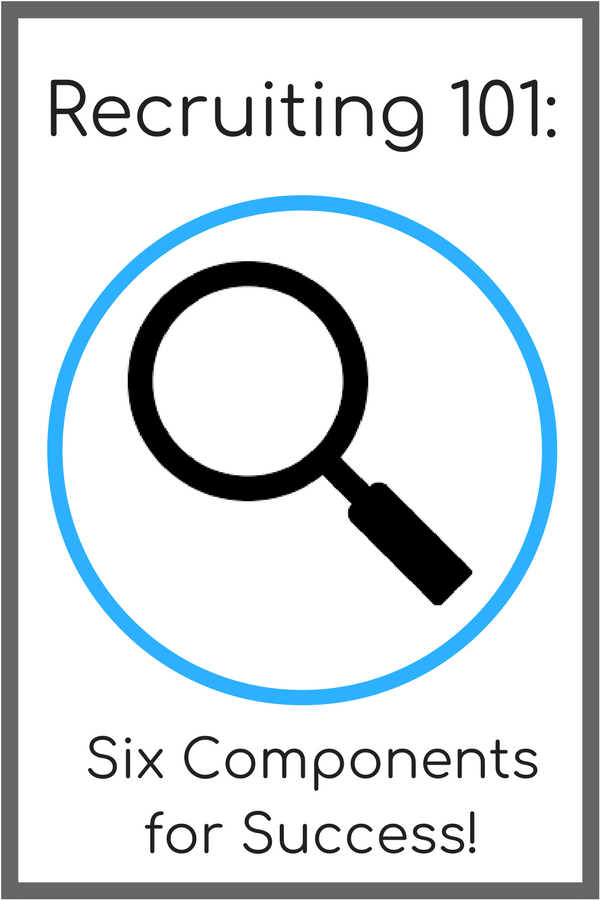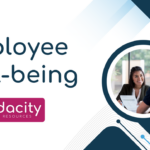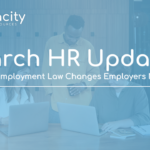3 Things Employers Need to Know
COVID Questions: How does DOL’s guidance impact employers?
The U.S. Department of Labor (DOL) issued additional compliance guidance for employers on return-to-work issues under the Families First Coronavirus Response Act (FFCRA).[i]
As discussed in detail in our May edition, the FFCRA provides emergency paid sick leave (EPSL) and expanded paid family leave (EFMLEA) for certain employees impacted by COVID-19. In a nutshell, employers with less than 500 employees are generally required to:
- Provide up to 80 hours of paid sick leave to employees experiencing COVID-19 symptoms and seeking a medical diagnosis, required to quarantine, or unable to work or telework because of the closure of their child’s school or place of care.
- Provide up to 12 weeks of expanded FMLA leave for parents of children whose school/childcare is closed (up to 10 weeks paid).
The paid leave is scheduled to sunset on 12/31/20.
This employer provided paid leave under the FFCRA is offset by way of refundable tax credits (subject to payment caps).
Among other things, the guidance clarifies that employers may require a potentially exposed employee (i.e. an employee who has interacted with an individual confirmed to have the virus) to take leave until the employee has tested negative for COVID-19 (or to telework) and to comply with CDC quarantine guidance.
The guidance warns that employers must steer clear of any action that appears retaliatory. For example, use caution in taking action against an employee utilizing FFCRA time off (ex: discipline or a future layoff) and do not use the anticipated need for FFCRA as a negative factor in an employment decision. As a best practice, employers should enact policies to provide guidelines that apply equally to all employees.
Employers should also have on their radar the DOL online tool created to assist employees in determining their eligibility for FFCRA leave.[ii]
COVID Questions: Is there any protection from legal liability for employers?
According to information tracked by Fisher Phillips, over 460 COVID related lawsuits have been filed across the nation, most actively in California, Florida, New Jersey, New York, and Texas.[iii] Common issues include discrimination, wrongful discharge, wage and hour, remote work and leave issues.
Wrongful Death. In addition, there have been a number of wrongful death lawsuits filed by family members of employees who died from COVID-19, alleging employers failed to keep their family members safe while at work. This is a disconcerting trend for employers, as generally the worker’s compensation system is the remedy for such claims.
In Ohio, the spouse of a deceased employee who worked as nurse at a mental health facility alleges the employer failed to follow COVID-19 directives issued by the state and failed to provide proper safety equipment.
In New Jersey, the spouse of a deceased employee working as a mechanic alleges, among other things, the employer: (a) failed to provide a safe workplace; (b) failed to properly train employees; (c) failed to warn employees of the danger of contracting COVID-19 at work; (d) failed to provide PPE in a timely manner; (e) failed to properly clean areas; and (f) failed to implement social distancing measures.
Similar suits have been filed across the U.S. against various employers, including retail, distribution centers, meat processing plants, nursing homes and other care facilities.
Immunity. Several states have either enacted or are considering legislation that would limit liability for employers acting in good faith. At least seven states have adopted laws that, while they vary in detail, generally provide employers immunity from liability for COVID-19 related claims when acting in good faith, in accordance with applicable guidelines, and not in a manner intentionally or recklessly negligent. The issue is still under debate at the federal level.
Emphasis on Safety and Trust. These claims highlight the ongoing need for employers to prioritize employee safety, follow federal, state and local COVID-19 guidelines, and to provide a safe workplace.[iv] Building a culture of trust and transparency enhances employee relationships, opening up channels for the dialogue and communication required to effectively operationalize these goals.
Stay Tuned. The rules and guidelines continue to change, so stay in tune to updates.
COVID Questions: Many employees were allowed to telework this spring. Is the ability to work from home now presumed to be a reasonable accommodation?
Although telework may be a viable accommodation, there is no indication that it is now automatically presumed to be reasonable under the federal Americans with Disabilities Act or the Minnesota Human Rights Act. Employers should be clear that allowing or requiring telework is a temporary practice stemming from the complexities of the pandemic. Employers should also continue to engage in the interactive process and provide accommodations that do not create an undue hardship. However, as it is yet early days, it will be important to monitor EEOC and MHRA guidance.
Key Takeaways
COVID remains a rapidly evolving situation. The stakes are high and COVID related legal liability is a part of our “new normal.” Savvy employers will continue to consult internal and external experts to navigate the ongoing complexities faced by employers across the nation.
About the Author
HR thought leader, Stacy Johnston, provides innovative HR solutions with a mission to support organizations in understanding and engaging their biggest competitive advantage… their employees. Johnston writes and speaks about contemporary HR topics. She is a licensed attorney and holds the SHRM-CP and PHR credentials.

Interested in ongoing HR expertise, compliance assistance or more HR tips?
Check out our online resources or reach out to us for a free and confidential consultation at info@audacityhr.com
Citations:
[i] https://www.dol.gov/newsroom/releases/whd/whd20200720-0
[ii] https://www.dol.gov/agencies/whd/ffcra/benefits-eligibility-webtool
[iii] https://www.fisherphillips.com/covid-19-litigation
[iv] General Duty Clause. Under the Occupational Safety and Healthy Act, employers have a duty to provide a safe and healthy workplace free from known hazards..
Resources
Looking for training resources? Check out our online options!







